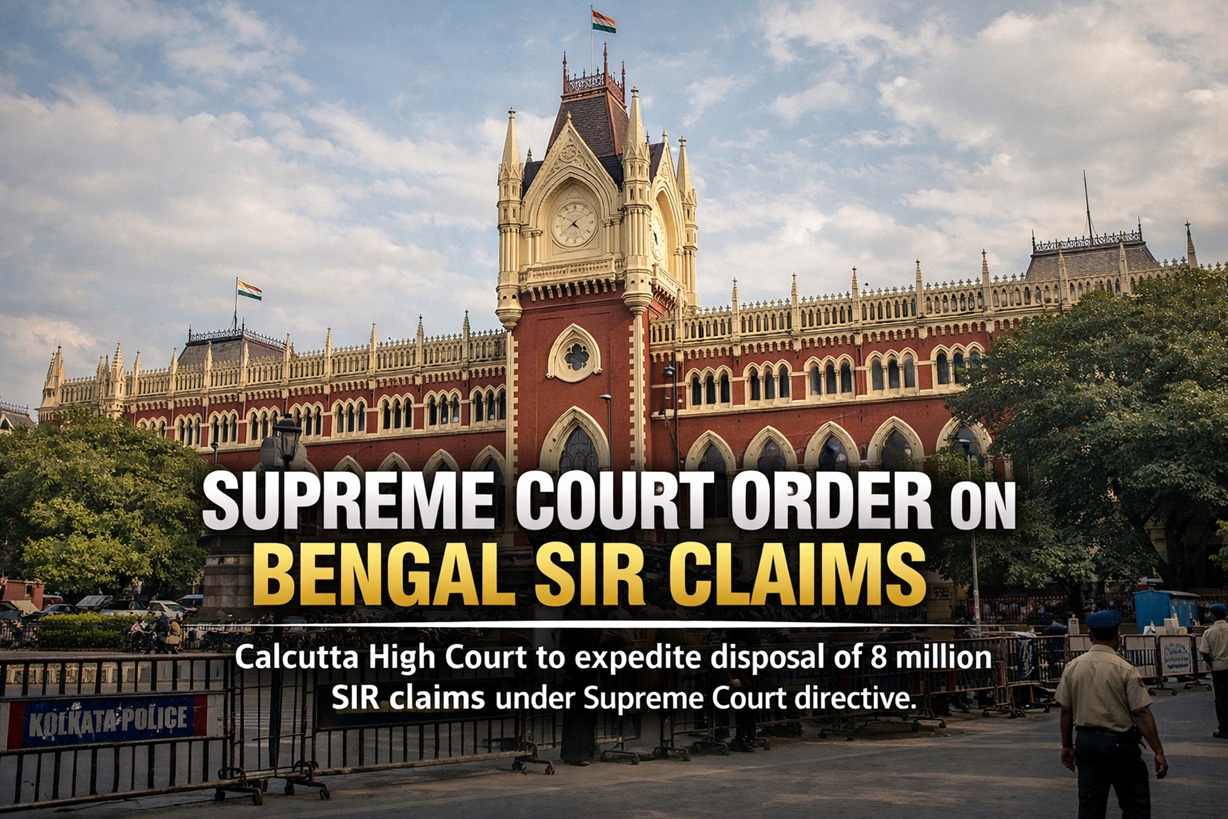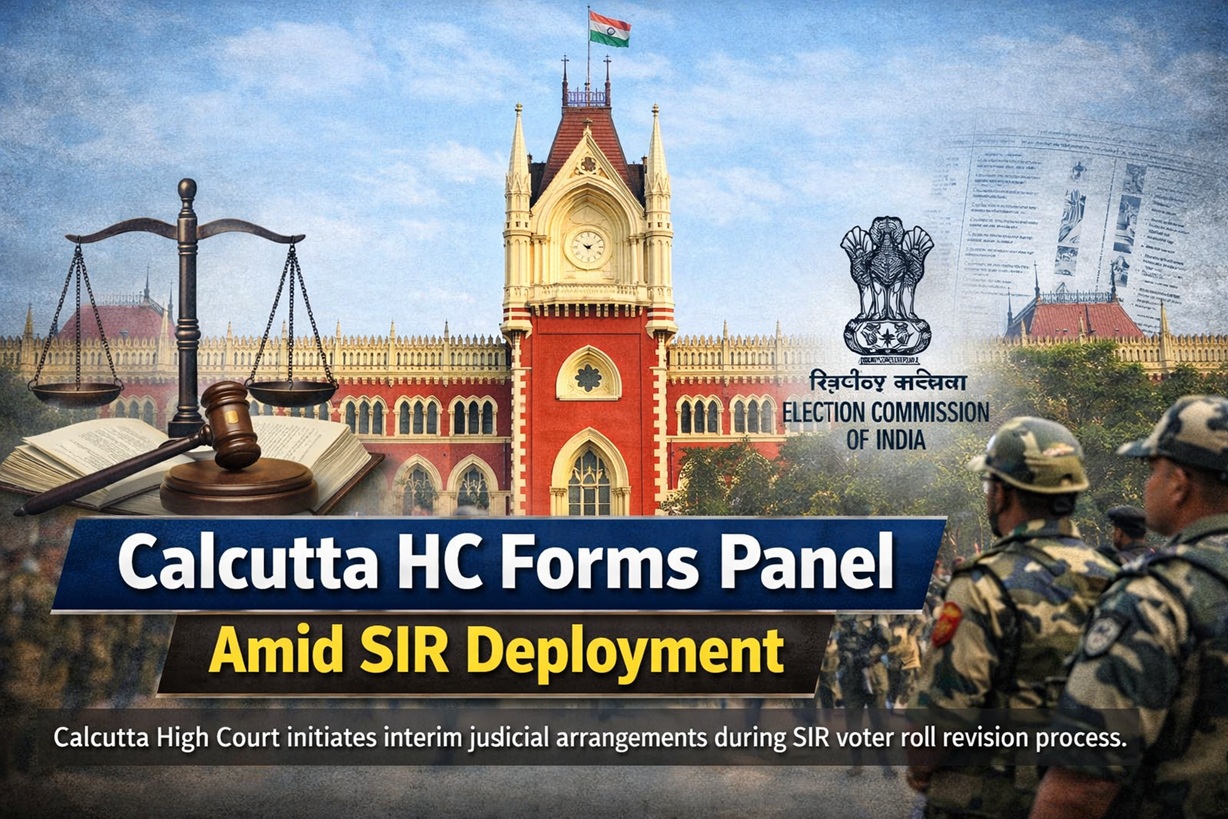Baba Ramdev, also known as Swami Ramdev, is a renowned yoga guru and spiritual leader in India. He gained widespread recognition for his contributions to popularizing yoga and traditional Ayurvedic practices globally. Ramdev is the founder of the Patanjali Group of Institutions, which encompasses various ventures focusing on yoga, Ayurveda, and natural healthcare products. Alongside Balkrishna, he co-founded Patanjali Ayurveda in 2006, a company known for its natural healthcare products with the aim of promoting holistic wellness and providing access to quality Ayurvedic products. Balkrishna and Ramdev holds a 94% majority stake in the company.
Balkrishna, often referred to as Acharya Balkrishna, is a close associate of Baba Ramdev and plays a pivotal role in the Patanjali Group. He is known for his expertise in Ayurvedic medicine and has been instrumental in the development and expansion of Patanjali’s product range, including herbal supplements, personal care items, and food products.
Together, they have garnered widespread acclaim for promoting holistic wellness through yoga, Ayurveda, and ethical business practices. Their efforts have significantly influenced the health and wellness in India and beyond, making them prominent figures in the field of natural medicine and holistic living. This article highlights the prominence of their apology, following criticism from the Supreme Court for not adequately displaying it earlier. The article also touches on the impact of this controversy on Patanjali’s reputation, public reactions, and lessons learned for companies in the health and wellness industry from making blatant lies.
Controversy Overview
Amidst the Covid pandemic, Patanjali introduced Coronil in 2021, with Ramdev promoting it as the “first evidence-based medicine for COVID-19.” Patanjali claimed that Coronil had received certification from the Ayush Ministry under WHO’s certification scheme. However, the Indian Medical Association strongly opposed this claim, denouncing it as a “blatant lie.”
Between the medical community and Patanjali escalated when a video surfaced showing Ramdev criticizing allopathy as a “stupid and bankrupt science.” In response, the IMA issued a legal notice to Ramdev, demanding an apology. Patanjali Yogpeeth clarified that Ramdev’s remarks were based on a forwarded WhatsApp message and that he holds no hostility toward modern science. But now they have published bigger sorry in front page of 67 newspapers.
Legal Hearing against Misleading Advertisements
In November 2023, the Supreme Court expressed strong concerns about Patanjali Ayurved’s misleading advertisements targeting allopathic medicines. Justices Ahsanuddin Amanullah and Prashant Kumar Mishra cautioned Patanjali against making false claims that its products can cure specific diseases, warning of a potential fine of Rs 1 crore for such claims.
The court instructed Patanjali to cease publishing any misleading advertisements in the future and urged the company to refrain from making casual statements in the media. These directives were issued in response to a petition filed by the Indian Medical Association (IMA), which accused Patanjali of disparaging allopathy and making unsubstantiated claims about curing diseases.
The IMA argued that Patanjali’s claims violate laws such as the Drugs and Other Magic Remedies Act, 1954, and the Consumer Protection Act, 2019, as they lack verification and mislead consumers. The court called upon the central government to propose actionable solutions and scheduled a hearing for February 5, 2024.
Patanjali’s Apology and Legal Scrutiny
Patanjali unreservedly extends its apology for the meeting/press conference held on 22nd November 2023. We sincerely regret the error in our advertisements and assure you that such mistakes will not recur,” stated Patanjali in the ad. Titled “Unconditional Public Apology,” the advertisement was prominently featured in morning’s newspaper, occupying a substantial portion of the page.

“We, both individually and on behalf of the Company, sincerely apologize for the non-compliance or disobedience of directions/orders of the Hon’ble Supreme Court of India, as per the ongoing matter in Writ Petition C. No. 645/2022,” the statement read. The advertisement published was relatively smaller in size and did not explicitly mention the names of Ramdev and Balkrishna.
Baba Ramdev and Balkrishna expressed regret for any misinformation caused by the advertisements. They emphasized the importance of transparent and truthful marketing practices, acknowledging the need to uphold consumer trust and regulatory standards. The renewed apology was prominently displayed in 67 leading newspapers, signalling a more sincere effort to rectify the situation. This proactive approach reflects a commitment to ethical advertising principles and compliance with legal requirements.
The controversy has undoubtedly impacted Patanjali’s reputation, raising questions about the company’s advertising strategies and oversight processes. The public response has been mixed, with some applauding the apology while others remain skeptical about the sincerity of the gesture.
Scrutiny of Regulatory Changes and Legal Inquiries on Case
Now on 23 April 2024, during a hearing by the Supreme Court bench of Justice Hima Kohli and Justice A Amanullah, Patanjali was questioned about the prominence of their apology ad. “Has the apology been published prominently? Same font and size as your earlier advertisements?” Justice Kohli inquired. This move comes after criticism from the Supreme Court, which highlighted the inadequacy of their previous apologies in small size fonts. The Bench gave Mr. Rohatgi time till April 30 to file the original papers. The court asked for proof of the apology’s publication in 67 newspapers and questioned the removal of Rule 170, which deals with objectionable advertisements, from the Drugs and Cosmetics Rules, 1945. The court also raised concerns about inflated medical bills and doctors allegedly favouring expensive medicine brands, scheduling further hearings for May 7, 2024.
The advertisements in question had made claims about the effectiveness of certain Patanjali products without sufficient scientific evidence. This resulted in legal challenges and public scrutiny, prompting the Supreme Court to intervene.
Further Court Actions
While addressing the contempt case against Patanjali Ayurveda on Monday 2024, the Supreme Court also scrutinized the practices of the Indian Medical Association and the misleading advertisements published by other consumer companies.
The Supreme Court asked the AYUSH Ministry to explain why Rule 170, which addresses objectionable advertisements, was suddenly omitted from the Drugs and Cosmetics Rules, 1945. The court questioned why the government ignored Patanjali’s ‘COVID cure’ claim and removed Rule 170, despite recommendations from its own expert body. Justice Kohli sought clarification from the Centre, pointing out contradictions in its actions regarding consumer protection and objectionable ads.
Patanjali used the absence of Rule 170 as a justification for their advertisements, calling the remaining laws outdated. The court involved licensing authorities and drug controllers under AYUSH in the case. Additionally, the Indian Medical Association, the petitioner against Patanjali, faced scrutiny from the court. The court scheduled further hearings to address concerns about inflated medical bills and collusion between doctors and pharmaceutical companies.
This incident serves as a valuable lesson for companies in the health and wellness industry, highlighting the importance of responsible marketing and adherence to regulatory guidelines. It also underscores the power of public accountability and the consequences of misleading advertising practices.
Baba Ramdev and Balkrishna’s renewed apology signifies a step towards accountability and transparency in the wake of the Patanjali advertising controversy. Moving forward, it is crucial for businesses to prioritize accuracy and integrity in their communications with consumers.
Lessons learned from the Patanjali controversy:
- Transparency is key: Companies must ensure transparency in their advertising claims, especially in sensitive sectors like healthcare.
- Compliance with regulations: Adherence to regulatory guidelines and court directives is crucial to avoid legal repercussions.
- Importance of evidence-based claims: Claims about product effectiveness should be supported by scientific evidence to build trust with consumers.
- Accountability and responsibility: Companies should take responsibility for their mistakes and proactively rectify them to maintain credibility.
Future advertising strategies for Patanjali and similar companies:
- Focus on accurate messaging: Emphasize accurate and factual and scientifically tested information in advertisements to avoid misleading consumers.
- Collaborate with experts: Involve experts and professionals to validate claims and ensure compliance with medical industry standards.
- Ethical marketing practices: Prioritize ethical marketing practices that prioritize consumer welfare and uphold medical industry integrity.
- Continuous monitoring and improvement: Regularly monitor advertising practices and seek feedback to continuously improve and avoid future controversies.
The Patanjali controversy serves as a reminder of the importance of ethical advertising, transparency, and compliance with regulations in the healthcare and wellness industry. Moving forward, companies like Patanjali must adopt responsible advertising practices, collaborate with experts, and prioritize consumer trust to maintain a positive reputation and contribute positively to public health awareness.





